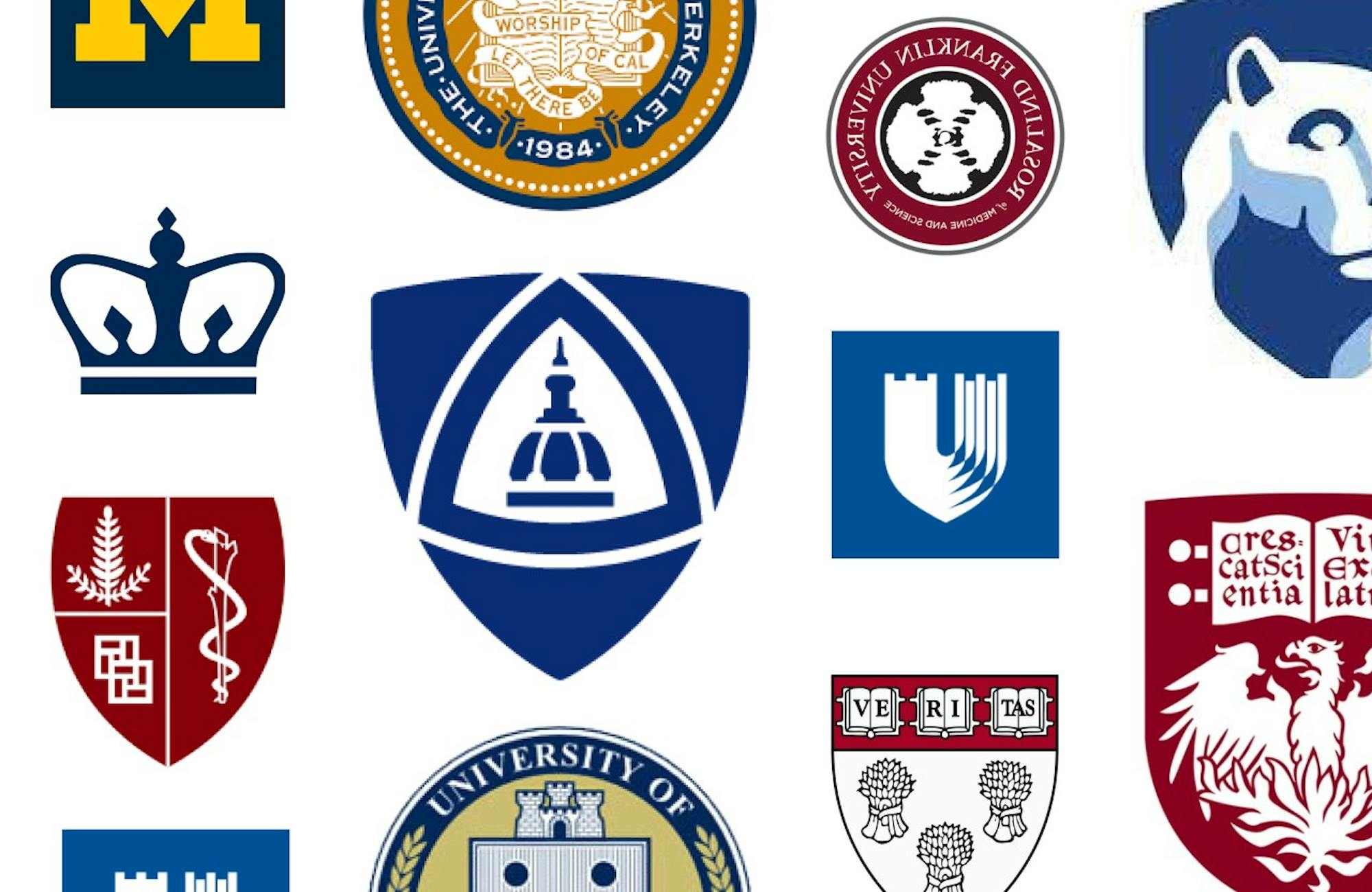In the most recent annual U.S. News & World Report university rankings, Columbia dropped from the number two spot to 18 after they admitted to submitting inaccurate data to U.S. News that was used to place their ranking. Following this news, many Dartmouth students posted on Fizz, an anonymous online social media forum, making fun of Columbia’s drop while also semi-sarcastically celebrating Dartmouth’s higher rank than Columbia, as Dartmouth holds the number 12 spot.
However, not all universities took this news so lightly. After the scandal, several other institutions reevaluated their involvement with the U.S. News rankings system. Within a few months of Columbia’s drop in status, three undergraduate colleges — Rhode Island School of Design, Bard College and Colorado College — withdrew from consideration in the rankings, citing the flawed methodology used. Several prestigious graduate schools, including Harvard Law school and Yale Law school, also opted out of the U.S. News list.
When asked about Dartmouth’s continued participation in the U.S. News rankings, College spokesperson Diana Lawrence wrote in an email statement that “Dartmouth has no current plans to withdraw from the U.S. News & World Report rankings.”
“There are dozens — and possibly hundreds — of college rankings using many different methodologies, many of which exist without our participation,” Lawrence added.
The developments surrounding Columbia’s submission of inaccurate data brought attention to the numerous issues and controversies surrounding college rankings. Yet, many high school juniors and seniors still use these rankings, particularly the U.S. News list, to evaluate different colleges during their application and compare them to one another.
In fact, Arnav Singh ’26 said these rankings made it easier for her to choose which school to go to. During the college decision process, Singh recognized if you get into a university on one of these lists “people will pressure you to go.”
For Marina Frayre ’26, however, rankings didn’t influence her decision to attend Dartmouth.
“I guess I looked into [Dartmouth’s computer science] program rankings, not necessarily the whole school rankings,” she explained. In the end, even the ranking of Dartmouth’s computer science program didn’t matter, because she still chose Dartmouth over schools with higher computer science rankings.
But Frayre has already settled into life at Dartmouth and is only looking at her decision in hindsight. For those who have only chosen Dartmouth recently or are still in the process of making a decision, do their priorities stay the same?
Some students, such as Ryan Stern ’27, consciously tried not to allow rankings to become the sole determinant of their decision, instead focusing on elements that would substantially affect their college experience. When making his college decision just a few short months ago, Stern didn’t see Dartmouth’s relatively high ranking as a compelling reason to attend.
“I’m grateful to go to a place that’s ranked so high,” he said. “But, in reality, it was mostly about the vibes that I got from each place and what they had, and I really tried to consider what I would like independent of rankings.”
Stern added that the rankings actually had a negative effect on him, increasing competitiveness and toxicity during the college admissions process.
“I think rankings put a lot of pressure on people because they make it seem like, you know, some colleges are inadequate, or like some colleges are just totally worse or better than others,” he explained. “Having a ranking system that uses numbers increases competition tenfold because now you can essentially assign a number to your success, when really it's not that clear cut.”
However, the stress-inducing nature of college rankings might not be as ubiquitous as it seems. When asked about any potential issues he had with the rankings, Singh chuckled and shook his head.
“The only time I check U.S. News [rankings] is to remind my friend at Columbia that he’s ranked below me,” he said. “Otherwise, I don’t really use it much.”
Similarly Frayre was indifferent towards college rankings, but she also acknowledged that going to Dartmouth may be the reason for her lack of concern over the lists.
“When you’re at a competitive school, and everyone knows, I don't think the rankings make that big of a difference at this point.”
While Frayre, Singh and Stern all viewed the usefulness of the U.S. News rankings differently, whether or not Dartmouth participates in the world of college rankings ultimately remains the responsibility of the administration.
So it seems we’ll get to keep our number 12 spot on the list, at least for now. Rankings have become a staple in the world of higher education, and despite recent controversies, substantial change doesn’t look like it’ll come for a while. Though any decision Dartmouth makes must walk the fine line between helping improve the application process and risking removing a valuable resource, Stern ultimately reminds us of the influence that a somewhat arbitrary number can have on the lives of some students.
“They influence a lot of people to not apply to some schools or to apply to some schools that maybe they don't even want to go to, just because they're looking to get a higher rank.”




